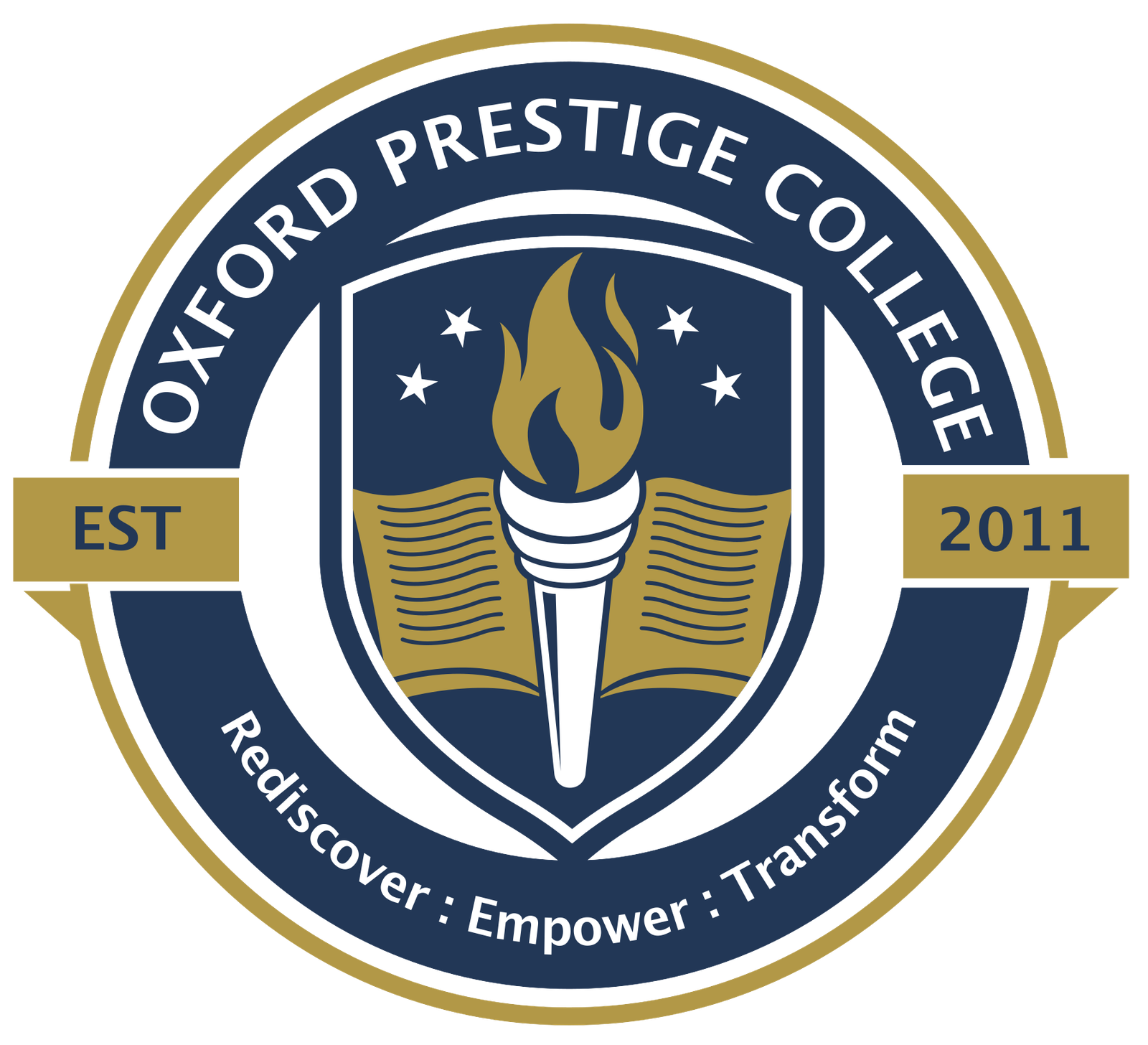
Close

The Access to Higher Education Diploma for Biomedical Science is a nationally recognised qualification regulated by Ofqual. It is designed to prepare students without traditional qualifications for study at university. This diploma offers a comprehensive foundation in biomedical science and equips learners with the academic knowledge, practical understanding and transferable skills required to progress into higher education or enter employment in healthcare and scientific fields.
In addition, successful candidates will meet the main entry requirements for a wide range of biomedical and science-based undergraduate degree programmes at UK universities.
Examples of higher education opportunities include, but are not limited to, progressing to university degrees in:
Biomedical Science
Biochemistry
Molecular Biology
Human Biology
Medical Science
Nutrition and Health
Clinical Sciences
Examples of employment opportunities include roles such as:
Laboratory Technician
Research Assistant
Healthcare Support Worker
Medical Laboratory Assistant
Pharmaceutical Technician
The Access to Higher Education Diploma for Biomedical Science syllabus and assessment is suitable for adult learners who wish to return to education and progress to university.
Course Features:
Course Fees:
Enquire now to know about course fees
Payment Plans Available
Students must study the following core units:
Study and Communication Skills – equips students with the essential academic skills needed for success at university level. Learners will develop the ability to undertake independent research, write structured academic papers, deliver formal presentations, and apply knowledge gained through lectures and discussions.
Cell Biology – introduces students to the fundamental structure and function of cells. Topics include cell membranes, organelles, cell division, and cellular respiration. This unit provides a foundation for understanding biological processes at the microscopic level.
Human Physiology – explores the organisation of the human body and key physiological systems including the cardiovascular, respiratory, digestive and nervous systems. Learners gain an understanding of how these systems interact to maintain homeostasis.
Biochemistry – covers the chemical processes that underpin biological functions, including enzyme activity, protein synthesis, metabolism and the role of biomolecules in health and disease.
Microbiology and Immunology – examines microorganisms such as bacteria and viruses, alongside the human immune response. This unit highlights the role of microbes in health and illness, as well as infection control and disease prevention.
Chemistry for Biomedical Science – provides an introduction to atomic structure, chemical bonding, organic chemistry and laboratory techniques relevant to biomedical applications.
Mathematics for Science – supports learners in developing mathematical skills essential for scientific analysis, including algebra, statistics, graphs, and calculations involving units and measurements.
For entry onto the Access to Higher Education Diploma for Biomedical Science, students must meet the following entry requirements:
Ideally have a minimum of GCSEs in English and Mathematics at grade ‘C’, ‘4’ or equivalent*.
Be aged 19 or over at the start of the course.
Demonstrate adequate proficiency in written and spoken English. For non-native English speakers, a valid IELTS score of 5.5 or above (or equivalent) is recommended.
In the absence of GCSEs, students may be required to complete an initial assessment to determine suitability.
*Centres must provide evidence to justify any equivalency decision (both qualification equivalency and grade equivalency) they make pertaining to any enrolments via non-GCSE or non-standard routes.
The Access to Higher Education Diploma for Biomedical Science is designed for adult learners and is not typically suited for those aged 16–18.
Students that complete the Access to Higher Education Diploma for Biomedical Science can:
Progress to university degree programmes in biomedical science or related disciplines, equivalent to Year 1 of a UK bachelor’s degree.
Assessments for all units will be offered in a number of assessment cycles throughout the academic year. Each unit is assessed through a combination of coursework assignments, presentations, practical work and written examinations.
Examples of assessments include:
Study and Communication Skills
View a Sample Assessment here.
View a Sample Mark Scheme here.
Mathematics for Science
View a Sample Assessment here.
View a Sample Mark Scheme here.
Cell Biology
View a Sample Assessment here.
View a Sample Mark Scheme here.
Biochemistry
View a Sample Assessment here.
View a Sample Mark Scheme here.
Human Physiology
View a Sample Assignment here.
View a Sample Mark Scheme here.
This qualification is regulated by Ofqual (Office of Qualifications and Examinations Regulation) and recognised for university progression across the UK.
Ofqual Qualification reference number: [insert specific reference when available]
Laboratory Assistant
Healthcare Assistant
Medical Laboratory Technician
Research and Development Support Officer
Clinical Trials Assistant
To enquire for the course, please fill the form by clicking enquire now button or contact us at 020 8658 8536 or email us at info@oxfordprestigecollege.co.uk
No payment required for enrollment. Click to complete your registration & our support team will get back to you regarding further admission procedure.
Course Features:
Course Fees:
Enquire now to know about course fees
Payment Plans Available
Oxford Prestige College is leading the way with
educational consultancy services to colleges, private training institutes and schools. We have a successful track record of providing custom solutions to institutions
across India and middle east.
Read More
09:00 to 17:00 (Monday – Friday)
©2024. Oxford Prestige College. All Rights Reserved..